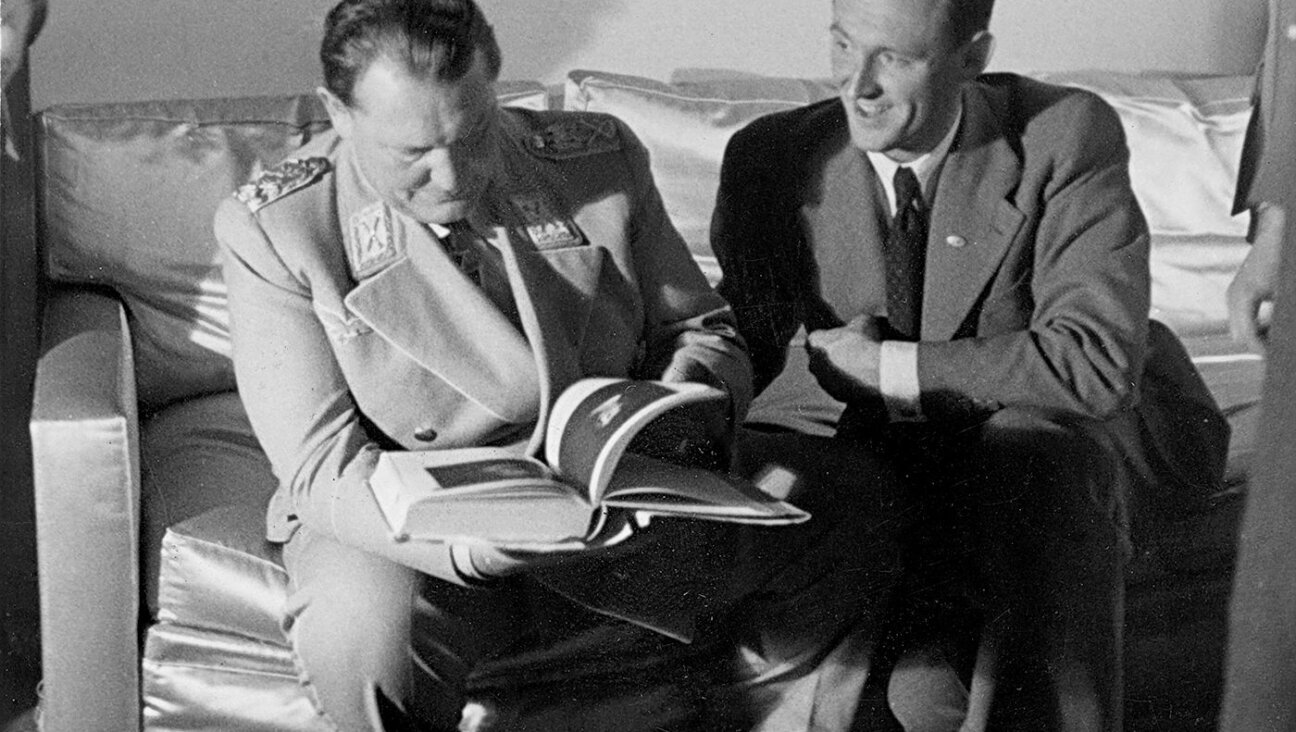Seeking a Biological Grandchild in the Most Unusual of Ways
There’s a fascinating new article on Tablet about an Israeli couple seeking legal permission to use the posthumously extracted sperm of their son to produce a biological grandchild. The article, by columnist Michelle Goldberg, is a thorough look at the intersection of reproductive technology, reproductive ethics and the changes in cultural values and Israel’s legal system.
The story centers on what remains of Ohad Ben-Yaakov, who was not married and not in a relationship when a work accident left him in a coma that would ultimately claim his life at age 27. “If we were entitled to donate the organs of our son why are we not entitled to make use of his sperm in order to bring offspring to the world?” Ben-Yaakov’s parents, Mali and Dudi Ben-Yaakov, ask in a Haaretz article cited by Goldberg.
The Ben-Yaakovs donated Ohad’s organs. But bringing a new life into the world is different than sustaining existing endangered ones, of course. And using a dead son’s sperm in the absence of any instruction from him is different than doing so with his consent
The Tablet article continues:
If their petition succeeds, it will be the latest legal and cultural innovation in a country that has already embraced the idea of posthumous parenthood and come closer than any other to acknowledging a right to grandparenthood. It’s not surprising that Israel, a society that is at once rooted in ancient faith and deeply invested in cutting-edge technology, has pioneered futuristic forms of procreation. The biblical emphasis on fruitfulness, when compounded by the legacy of the Holocaust and the demographic issues shaping the Middle East, have made Israeli society and public policy exceptionally pro-natalist. The country is aggressive in pushing the boundaries of reproductive technology.
As Goldberg notes:
Posthumous reproduction can seem like one more weapon in the ancient Jewish struggle for ongoing existence… new reproductive innovations always have a sinister sci-fi air at first, until they’re folded into everyday life. A 1974 Chicago Tribune article about what were then called test-tube babies asked, “Is 1984 already here?” and suggested that the technology could lead to the “creation of a slave race.” These days, IVF and other assisted reproductive technologies are routine and unremarkable.
Israel issued guidelines relating to posthumous parenthood in 2003; these guidelines allow a dead man’s spouse to use his sperm, unless the man had specified otherwise. As its legal authorities figure out how far it should now take the possibility, the intricacies of the myriad legal, ethical and medical considerations are positively Talmudic.
A message from our CEO & publisher Rachel Fishman Feddersen

I hope you appreciated this article. Before you go, I’d like to ask you to please support the Forward’s award-winning, nonprofit journalism during this critical time.
We’ve set a goal to raise $260,000 by December 31. That’s an ambitious goal, but one that will give us the resources we need to invest in the high quality news, opinion, analysis and cultural coverage that isn’t available anywhere else.
If you feel inspired to make an impact, now is the time to give something back. Join us as a member at your most generous level.
— Rachel Fishman Feddersen, Publisher and CEO
























